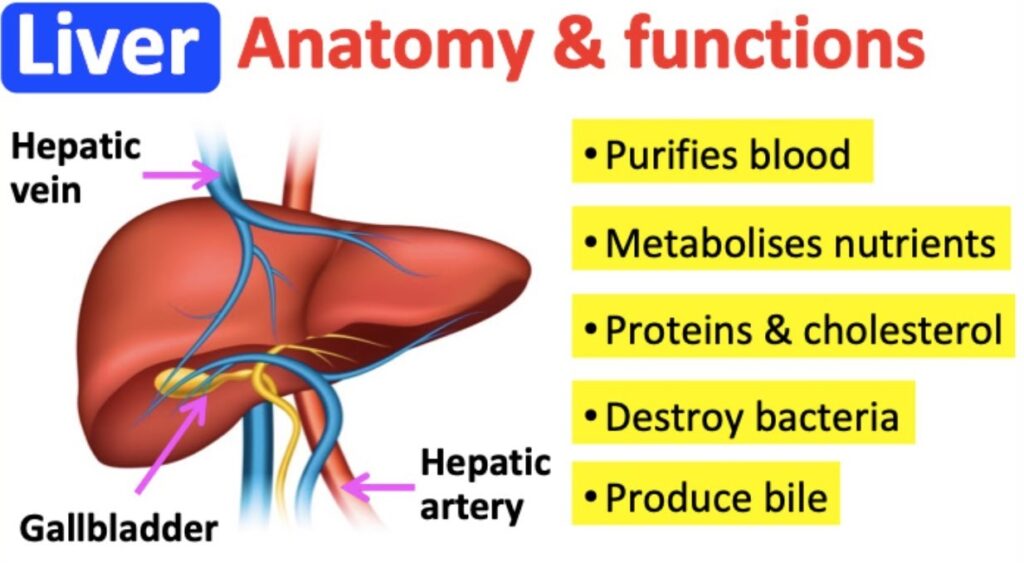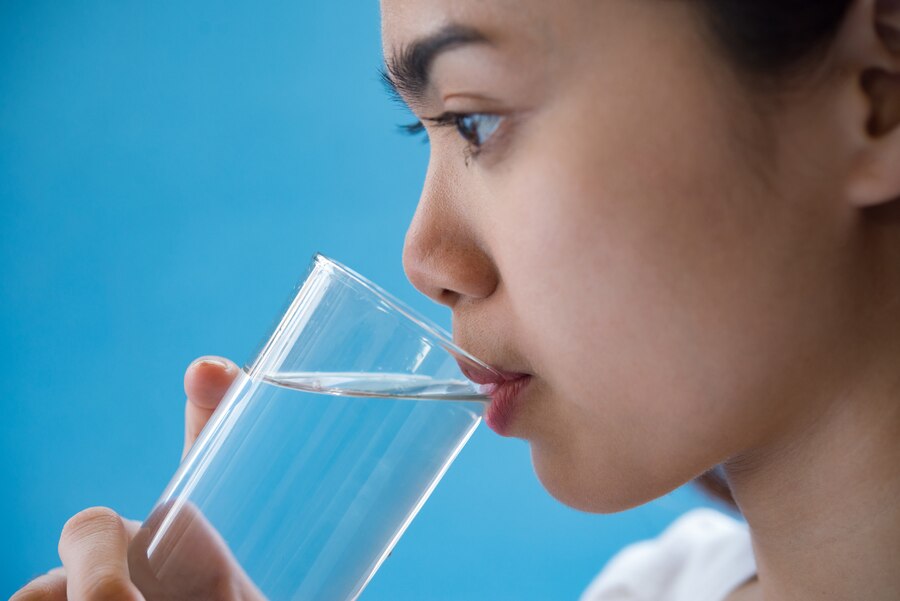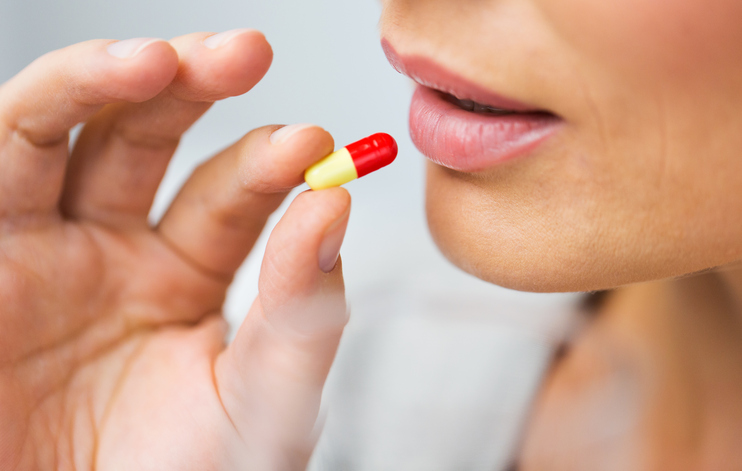Maintaining Liver Health
Introduction:
The liver is a vital organ responsible for various essential functions in the body, including cleansing, metabolism, and nutrient storage. Keeping the liver healthy is important for overall well-being and long life. In this complete guide, we will probe into detailed plans to maintain liver health, covering dietary habits, lifestyle choices, and preventive measures.
Understanding the Liver’s Role:

The liver plays a central role in metabolizing nutrients, filtering toxins from the bloodstream, producing bile for digestion, storing glycogen for energy, and synthesizing proteins and enzymes necessary for bodily functions. Given its multifaceted functions, maintaining optimal liver health is supreme.
Importance of a Balanced Diet:

A balanced diet rich in fruits, vegetables, whole grains, lean proteins, and healthy fats provides essential nutrients and antioxidants that support liver function. These foods contain vitamins, minerals, and phytonutrients that help fight oxidative stress and soreness, reducing the risk of liver damage.
- Fruits and vegetables: High in fiber, vitamins, and antioxidants, fruits and vegetables promote liver detoxification and protect against fatty liver disease. Incorporate a variety of colorful produce into your diet for maximum benefits.
- Whole grains: Whole grains like brown rice, quinoa, and oats provide fiber and nutrients that help in digestion and regulate blood sugar levels. It reduces the risk of insulin resistance and fatty liver disease.
- Lean proteins: Sources of lean protein such as poultry, fish, tofu, and legumes support liver health by providing essential amino acids without excess saturated fats.
- Healthy fats: Incorporate healthy fats from sources like avocados, nuts, seeds, and olive oil, which contain omega-3 fatty acids and monounsaturated fats that reduce inflammation and promote liver function.
Limiting Alcohol Consumption:

Excessive alcohol consumption is a leading cause of liver damage, leading to conditions such as fatty liver disease, alcoholic hepatitis, and cirrhosis. To maintain liver health, it’s essential to limit alcohol intake to moderate levels or abstain altogether. Moderate drinking is defined as up to one drink per day for women and up to two drinks per day for men.
Hydration and Liver Function:

Adequate hydration is crucial for best liver function. Water helps flush toxins from the body and supports the liver’s cleansing processes. Aim to drink at least eight glasses of water per day, and consume hydrating foods such as fruits and vegetables to maintain proper water levels.
Regular Exercise for Liver Health:

Regular physical activity plays a vital role in maintaining liver health. Exercise helps reduce the risk of obesity, insulin resistance, and fatty liver disease by promoting weight loss, improving insulin sensitivity, and reducing inflammation. Aim for at least 150 minutes of moderate-intensity exercise or 75 minutes of vigorous-intensity exercise per week, along with strength training exercises at least twice a week.
Avoiding Toxins and Environmental Pollutants:

Minimizing exposure to toxins and environmental pollutants is essential for liver health. Toxins from pesticides, cleaning chemicals, air pollution, and cigarette smoke can accumulate in the liver and harm its function. Take steps to reduce exposure to these toxins by using natural cleaning products, avoiding smoking and secondhand smoke, and reducing exposure to environmental pollutants whenever possible.
Practicing Safe Sex and Preventing Hepatitis:

Hepatitis viruses, particularly hepatitis B and C, can cause liver infection and damage. Practicing safe sex, using condoms, and avoiding high-risk behaviors can help prevent the transmission of hepatitis viruses. Additionally, getting vaccinated against hepatitis A and B can provide immunity and protect against these viral infections.
Medication Use and Liver Health:

Some medications, when used excessively or inappropriately, can cause liver damage. Non-prescription pain relievers like acetaminophen and nonsteroidal anti-inflammatory drugs (NSAIDs) can be particularly harmful to the liver when taken in large doses or over a prolonged period. Always follow the recommended dosage instructions and consult with a healthcare professional before taking any medications, especially if you have liver disease or risk factors.
Routine Check-ups and Monitoring:

Regular check-ups with a healthcare provider are essential for monitoring liver health and addressing any concerns promptly. Blood tests, imaging studies, and liver function tests can help detect early signs of liver disease and guide treatment strategies. Individuals with a family history of liver disease, obesity, diabetes, or alcohol abuse should undergo regular screenings to assess liver function and minimize the risk of complications.
Conclusion:
Maintaining liver health requires a comprehensive approach that encompasses dietary habits, lifestyle choices, and preventive measures. By adopting a balanced diet, limiting alcohol consumption, staying hydrated, exercising regularly, avoiding toxins, practicing safe sex, monitoring medication use, and scheduling routine check-ups, individuals can support liver function and reduce the risk of liver disease. Prioritizing liver health is essential for overall well-being and longevity, ensuring optimal function of this vital organ for years to come.
